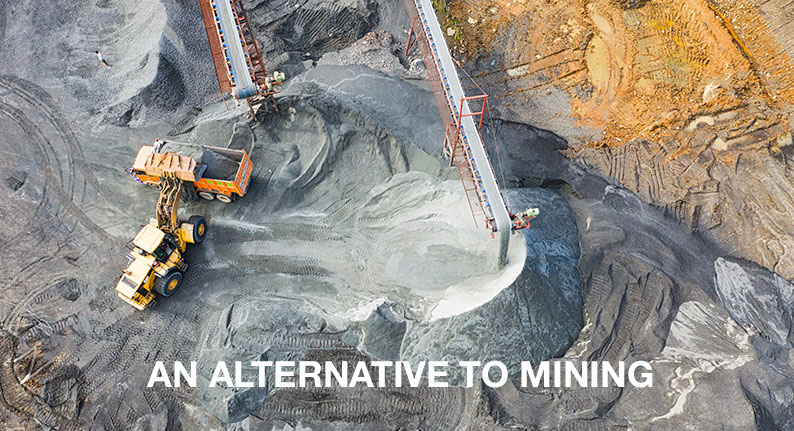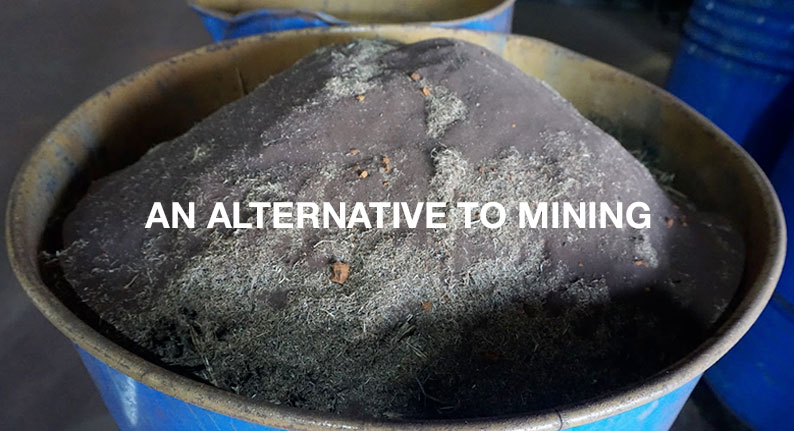An Alternative To Mining
19 Mar, 2020 2:00 AM / by Quek Leng Chuang

Every year, we obtain billions of tons of natural resources from our earth and a large part of that is through Mining. But at some point, in the not too distant future, these resources will eventually run out. This doesn’t even take into account illegal mining activity.
For a sustainable metal supply chain, it is critical to recycle metals to make sure that supply continues even though mines will deplete and mining operations will get more expensive in the next few centuries. For Environmental Solutions (Asia), there are many more reasons for companies to adopt waste management practices akin to an alternative to mining. Here are some of them:
1. Best Quality
Recycled base and precious metals offer the same quality as metals from natural mining. With strict control over metal and metal concentrates, this ensures the same quality for every batch that we produce and sell. Contrary to popular beliefs, even precious metals such as PGMs can be recycled infinitely without quality losses.
2. Lower Carbon Emissions
For natural mining operations, high amounts of carbon dioxide are emitted into the atmosphere due to heavy machines that need to move tons of ore, chemical refining operations and transportation. For every ton of Nickel Metal mined from Ore, 16.1 Tons CO2eq is emitted. For Copper metal, 4.45 Ton CO2eq is emitted for every Ton of Pure Metal. These are just some examples.
Often mining takes place in remote locations such as Chile, and hence transportation routes are remarkably long and difficult to control. The Carbon Footprint of mining could therefore by extension be a simplified metric for the social impact and the scars mining activities inflicts on the environment.
At Environmental Solutions (Asia), base and precious metal recycling always creates lower carbon dioxide operations than natural mining. Our low-carbon metal recovery works due to several reasons:
Our recycling operations take place in Singapore. Serving mainly partners in the South East Asia region, we can keep transportation routes shorter. Through efficient processes, we save energy – the complete energy used for our heating and chilling operations is from renewable sources, therefore our operations are actually carbon negative.
3. Reduced Use of Chemicals
Not many base and precious metals can be mined without further chemical processing. Due to logistical issues, this usually takes place in the countries where the metals are mined. As many natural mines are located in remote locations, which are not controlled by the government, the process is not compliant with environmental protection laws and chemicals seep into our natural environment. Infamous examples for this include gold and silver mining in the Amazonian rainforest where high amounts of mercury leak into the environment, damaging the local ecosystems.
Through properly conducted recycling operations in controlled environments, we can ensure that hazardous steams cannot contaminate our environment.
4. Social Sustainability
As mining areas of many base and precious metals are found in remote locations in developing countries, noncompliance with environmental laws also leads to backlashes on local communities. Rivers and fields, the basis of existence for people living in those area, often get polluted heavily by mining operations. Due to the use of chemicals without protective clothing, people can suffer various illnesses and often transmit those to their unborn children. For example, in areas where cobalt is mined, health-related problems like breathing issues and birth defects are a common occurrence. Mining companies also take their high profits out of the countries and thus do not contribute to sustainable development for the local communities, let alone access to better healthcare and safety.
By harvesting base and precious metals from spent resources, we offer a safer place to work. Through safety equipment and training, we can recycle hazardous waste in a safe way.
5. More Transparent Supply Chains
We recycle waste directly in our facility in Tuas, Singapore. As we have data on all our suppliers, we can clearly estimate where our waste comes from. On the contrary, it is often difficult to trace the origin of base and precious metals back to their mines as transportation routes are long and jump through many hoops. This lack of accountability makes it much more difficult to ensure compliance with environmental and social standards.

In summary, harvesting base and precious metals from spent resources is a better alternative to mining of natural resources. Companies can get the same quality but with lower use of energy, lower carbon footprint and a positive social impact for the people.
We want to work with your company to ensure a better world for generations to come. If you’re ready to make the leap, contact us to learn more about how you can contribute to better alternatives to mining or obtain materials that are sustainably recycled.
Topics: Catalytic Converters, Corporate Social Responsbility, Environmental Offset, Metal Waste, Reimagining Sustainability, Sustainability in Singapore
Written by Quek Leng Chuang
LengChuang is a chemical engineer and an expert in carbonomics. He is the founder and owner of Environmental Solutions (Asia) Pte Ltd.
